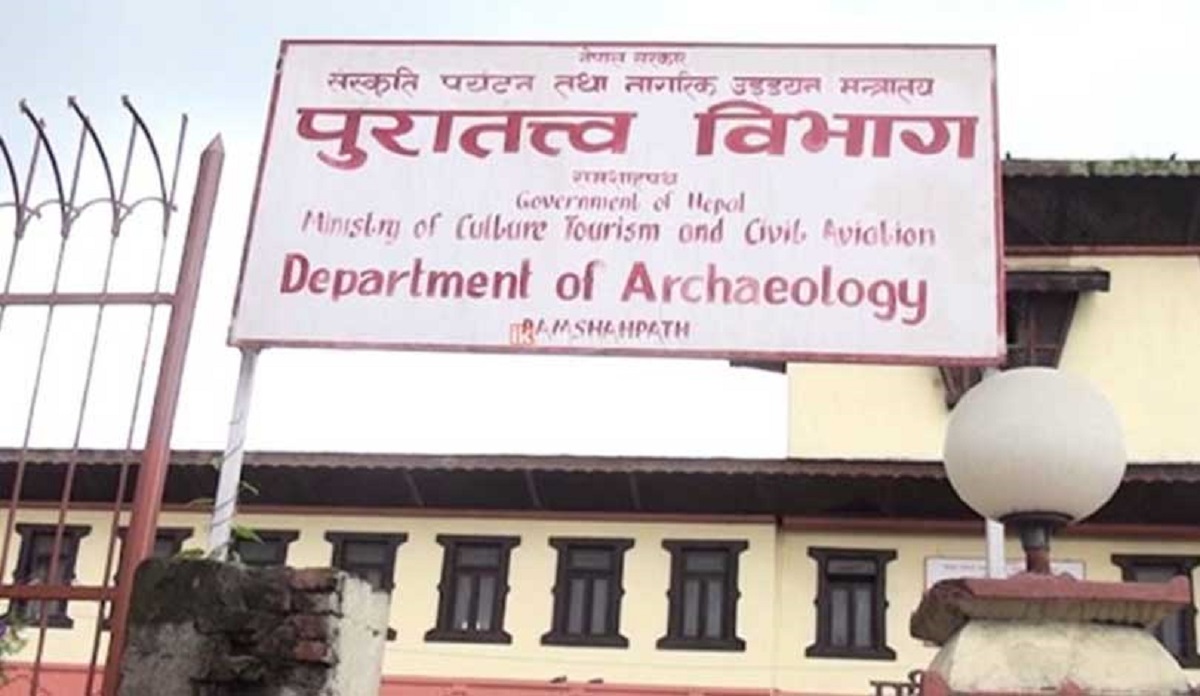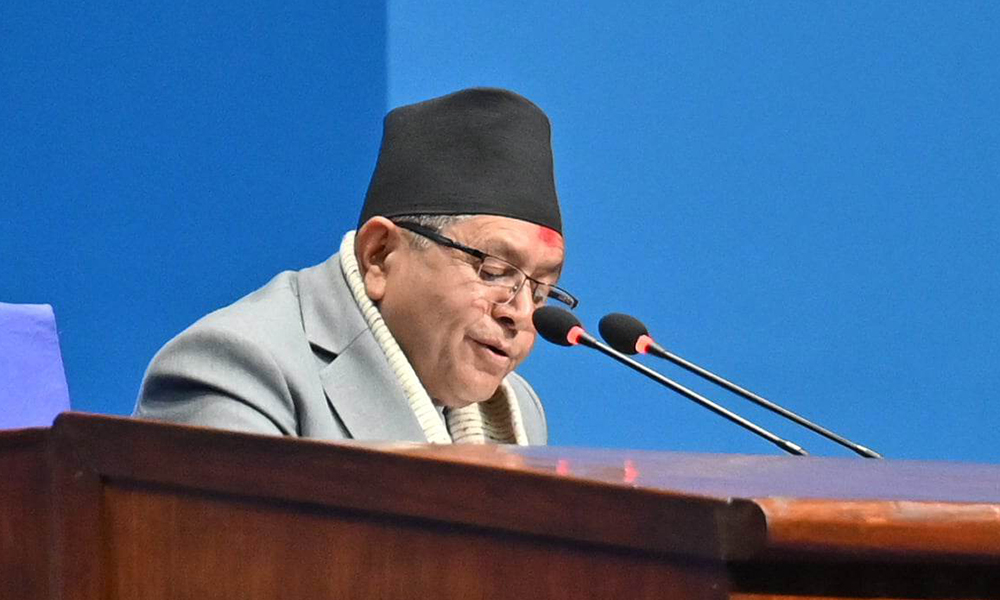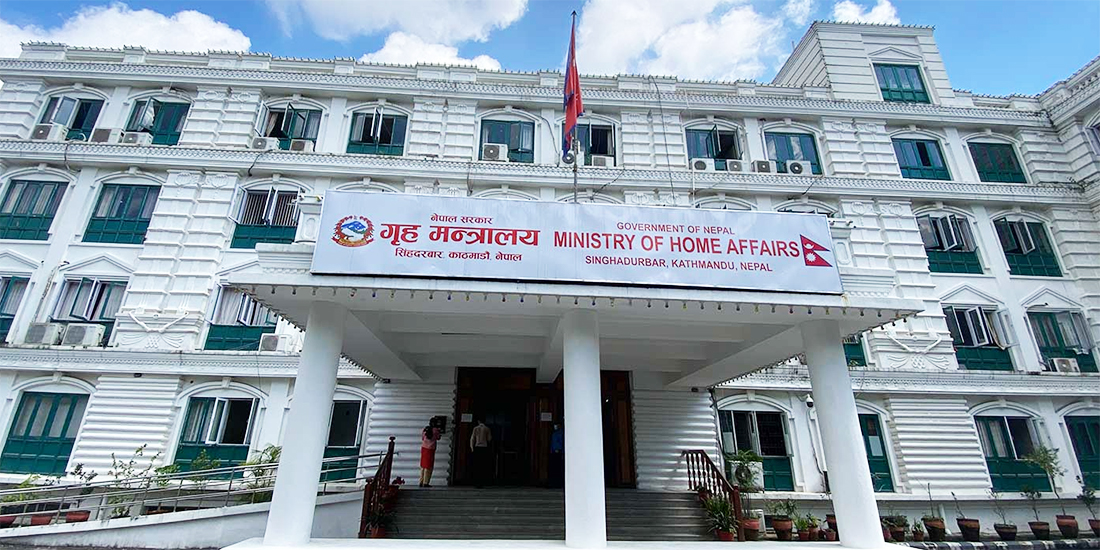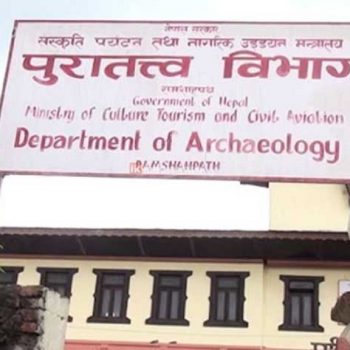I spent two nights at this jungle lodge in Nepal and I will remember this for 7 reasons
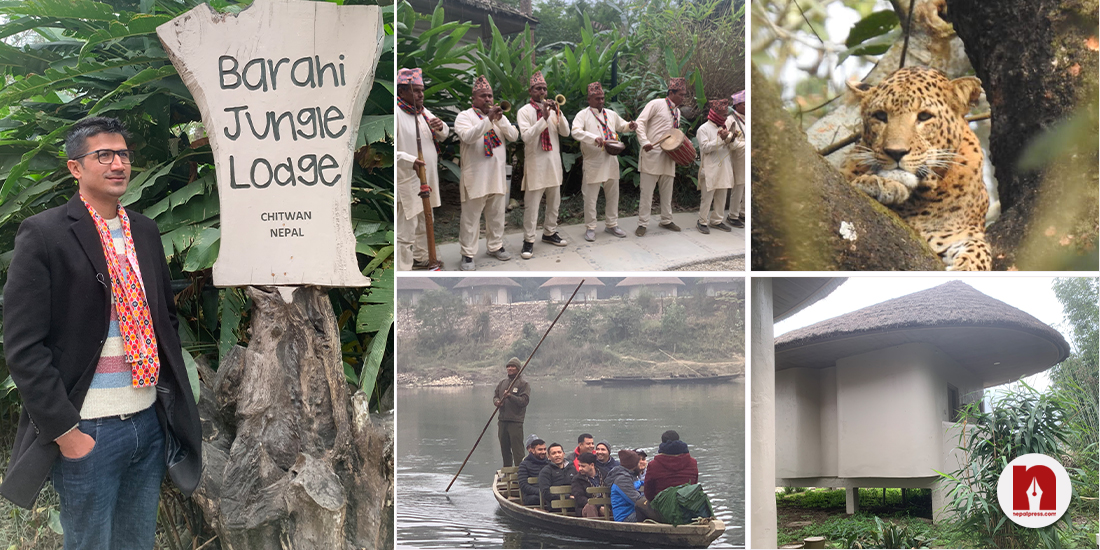
KATHMANDU: For a frugal traveler like me, staying at a high-end jungle lodge comes with financial stress. That’s why when Bishnu Kanta Ghimire, on behalf of Barahi Jungle Lodge of Chitwan, inquired about my willingness for the ‘familiarization trip’ to the famed jungle lodge in Nepal’s wildlife sanctuary, all I said was an instant big YES. Together with tourism and economic journalists representing Nepal’s mainstream media outlets, I went to Chitwan on 11 January 2024. Traveling through bumpy and dusty roads from Kathmandu and dealing with the troublesome wire for the smooth passage of our big tourist bus at Chanauli Bazar of Bharatpur, were our on-the-way headaches before reaching the pristine destination that helped us forget every irritant on our way to Meghauli. Here are seven reasons that make me remember my two-night and three-day stay at Nepal’s high-end jungle lodge of Meghauli, Chitwan.
1. Promoting Nepal’s traditional tunes
As our team entered the gate of Barahi Jungle Lodge, we were greeted with Nepal’s traditional tunes. We saw folks playing Nepal’s traditional Naumati Baja, the combination of nine traditional musical instruments, which is an inherited heritage of Nepal’s Dalit community, mainly Damai. I inquired about such a package for other groups, and the lodge officials said, ‘We arrange such a package for big groups or for those who ask for it in advance.’

2. Extreme care of nature
The lodge has displayed extreme care for nature. The first warning they gave upon entering the lodge was: ‘Please do not disturb birds and animals you encounter.’ They cautioned us not to litter in the jungle and not to pluck or pull out plants, among other things. The lodge has a history of voluntarily cleaning the adjoining river Rapati. They have encouraged the surrounding communities to do the same. It was interesting to note that the lodge has planted plants that are friendly for birds’ food. To stay away from international accusations of ‘animal cruelty’, the lodge doesn’t offer an elephant safari for tourists.
3. Example of sustainable tourism entrepreneurship
Nepal’s tourism world is not run sustainably. This lodge has initiated sustainable tourism practices which start from greening the surroundings to using sustainable hotel appliances. They have used locally made bamboo baskets (known as Doko in Nepali) for trash bins. They don’t use plastic bottles. Instead, they have been using glass. Their toothbrushes have wooden heads, shanks, and handles. Toothpaste is stored in a bottle. Signage is written on a wooden plate. For traveling inside the lodge premises, electric cycles and e-rickshaws are readily available. Many green initiatives like this prove that sustainable tourism is economically and practically sustainable if done with wise hearts and minds.


4. Professional naturalists and other tourism professionals
We were boating off Barahi Jungle Lodge along the peaceful current of the river Rapati. We were heading for a 45-minute-long boating excursion to Golaghat Dobhan. Aitaram Bote skillfully led our boat with young naturalist Sudikshya Kumal. Aitaram expertly paddled our boat, accommodating almost a dozen of us. Sudikshya was busy identifying and explaining the birds and animals we spotted along the way, including migratory birds from Siberia. When asked about the people in another boat, she promptly replied, ‘They are homo sapiens, sir,’ displaying her wit and professionalism. Another naturalist, Alina Chaudhary, impressed us with her professionalism as well. Despite our lively group, she remained composed and politely requested us to keep our voices down to avoid disturbing the wildlife during our jungle safari in Chitwan National Park, Nepal’s first national park established in 1973 and a UNESCO-listed World Heritage Site since 1984. The driver, Pusparaj Mahato, was also very friendly. I also had the pleasure of meeting veteran naturalist Jitram Chaudhary, who had worked for Tiger Tops, Nepal’s pioneering jungle lodge operator, for 30 years before joining Barahi Jungle Lodge. He was instrumental in transferring skills, experience, and expertise from Meghauli’s oldest jungle lodge (Tiger Tops) to the younger one (Barahi Jungle Lodge).

I asked naturalist Alina, ‘How do you deal with tourists from different nationalities?’ She replied, ‘Indian, Chinese, and European tourists are expressive and outspoken, whereas Japanese tourists are more introverted and shy. We need to provide extra care to Japanese tourists.’

5. Respecting and representing local indigenous culture
The lodge is surrounded by local indigenous communities, namely Tharu and Kumal. Community elders, youths, and children visit every alternate day to perform their traditional cultural dances for tourists at Barahi Jungle Lodge. This serves two visible benefits for the locals: firstly, it allows them to spread and promote their living cultural heritage to outsiders, and secondly, it enables them to earn some income both from the lodge and from tourists. For the lodge, this is an incredible way to bridge the gap between the lodge and the local communities.
6. Focusing on the neighboring country, India
Less than an hour’s drive from Meghauli lies India. To leverage this proximity to India, the world’s largest population and fifth-largest economy, Barahi Lodge has a General Manager from India. Mr. Prakash Chanda, having worked with India’s top hotel brands, utilizes his expertise in this lodge, facilitating the influx of more Indian tourists.
7. Rare sighting of a leopard
On our way back to the jungle lodge after our jungle safari, naturalist Alina received a call about a leopard sighting in a tree from her colleague. Alina requested silence and asked the driver to turn back. As we approached the location, Alina pointed her camera lens toward the peacefully seated leopard in the tall tree, capturing dozens of photographs with a bright smile. While we had already spotted rhinos, deer, peacocks, and numerous birds during our jungle safari, the sighting of a leopard was exceptional. Alina explained, ‘Leopard sightings are rare here compared to tigers and rhinos. You are lucky to have seen one today.’




